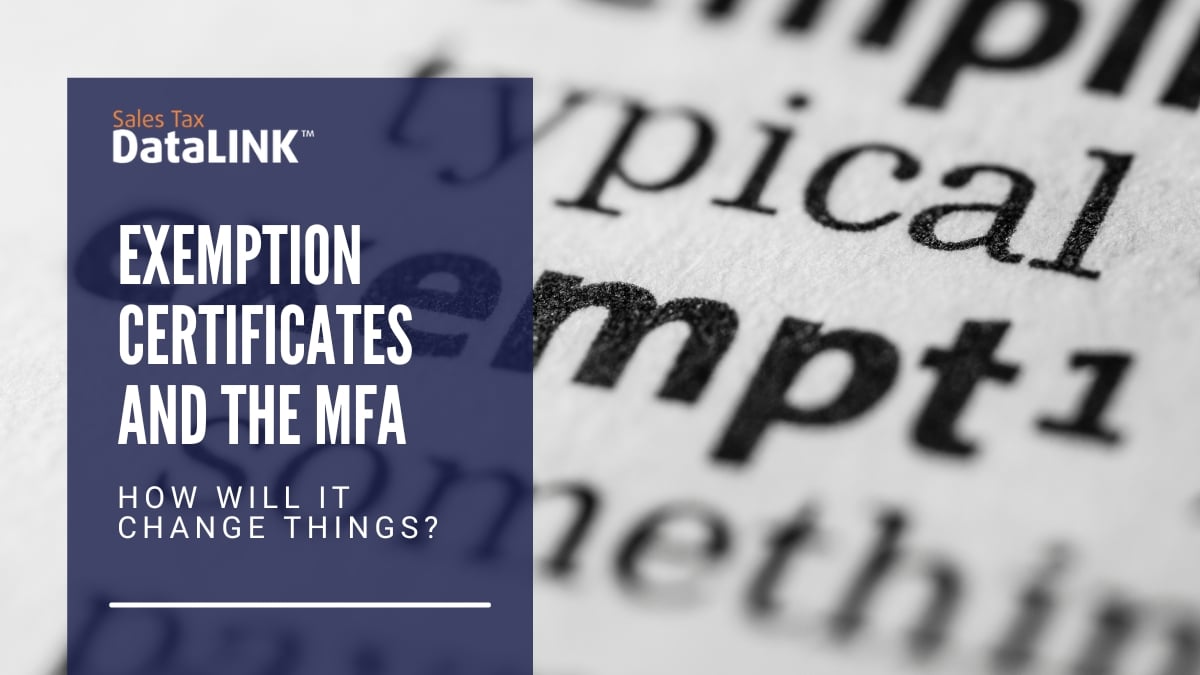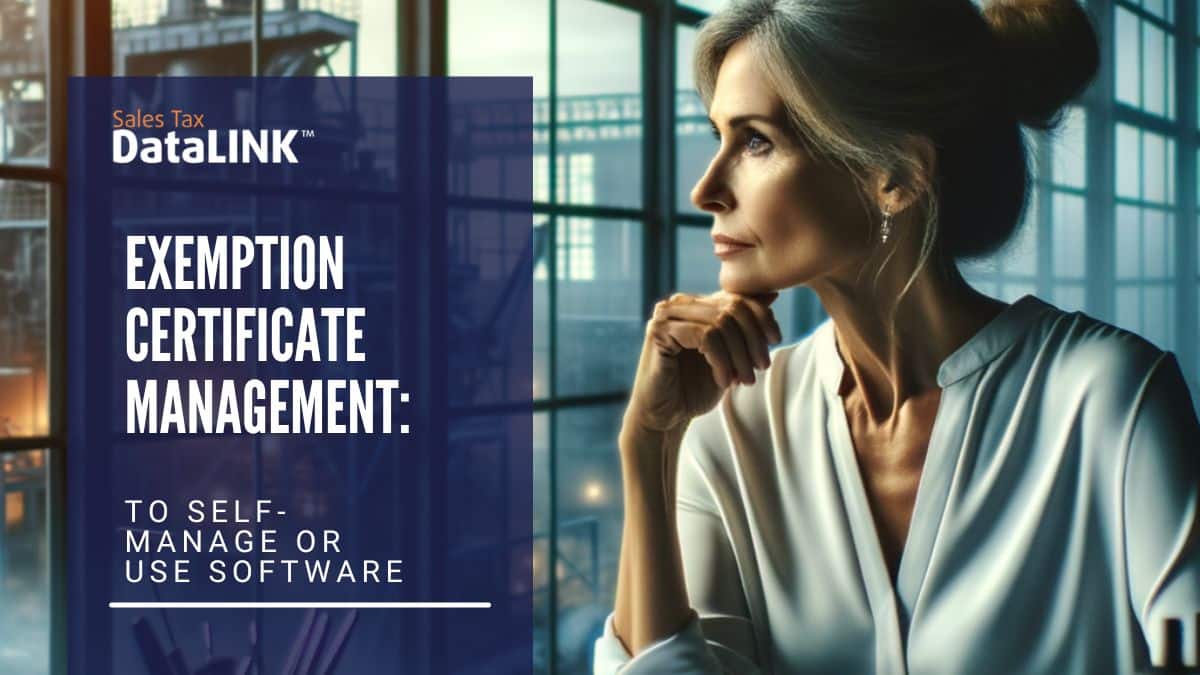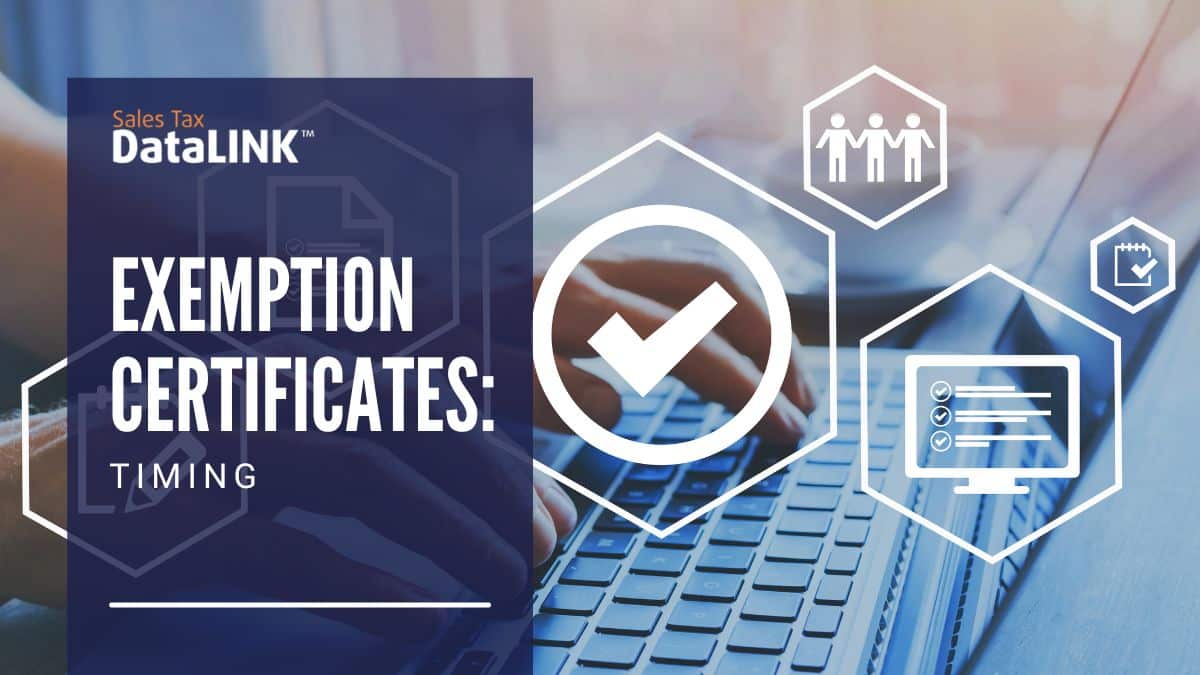The use of exemption certificates is one area in the sales tax filing process that is closely reviewed — because it is so easy to make a mistake. It’s easy for a company to give exemptions when they’re not due, whether it’s because an inexperienced worker accepts the word of a purchaser rather than going through the process, or because everyone thought someone else had taken care of it. If the MFA becomes law, many more companies will have to deal with exemption certificates, and problems are almost sure to arise. Internet retailers don’t usually create invoices for each sale, and may never communicate directly with a customer.
Transactions are usually automated, allowing a small staff and a computer to handle a volume of transactions that would require several workers and an accountant in a brick-and-mortar store. The manual labor involved in exemption certificates could require a change in the way internet retailers process transactions. At the very least, sales tax-exempt purchases might have to be handled manually outside the usual system. This could prove very problematic for sellers. SST software has a process for exemptions that helps retailers manage their exemptions more accurately and exemption processing is required to be SST compliant. The most important point of the legislation is that it removes liability for the retailer for sales tax on sales using a completed exemption certificate.
If the certificate looks real, it’s considered real for the retailer. In non-SST states, retailers are liable for the full sales tax amount if an exemption certificate is incorrect or inaccurate. In other words, if someone gives a retailer a fake exemption certificate in a non-SST state, the retailer, not the buying party, is responsible to pay that missing sales tax. Under SST, businesses are shielded from these practices. The MFA doesn’t allow for liability protection for exemption certificates but only for mistakes made by errors in the “free” software to calculate sales tax. But why does this matter when the MFA will only be in place in SST states where liability protection is provided? It’s possible that if the MFA were to become a law, it eventually wouldn’t be limited to just SST states, and liability shielding wouldn’t be available to businesses in non-SST states.




